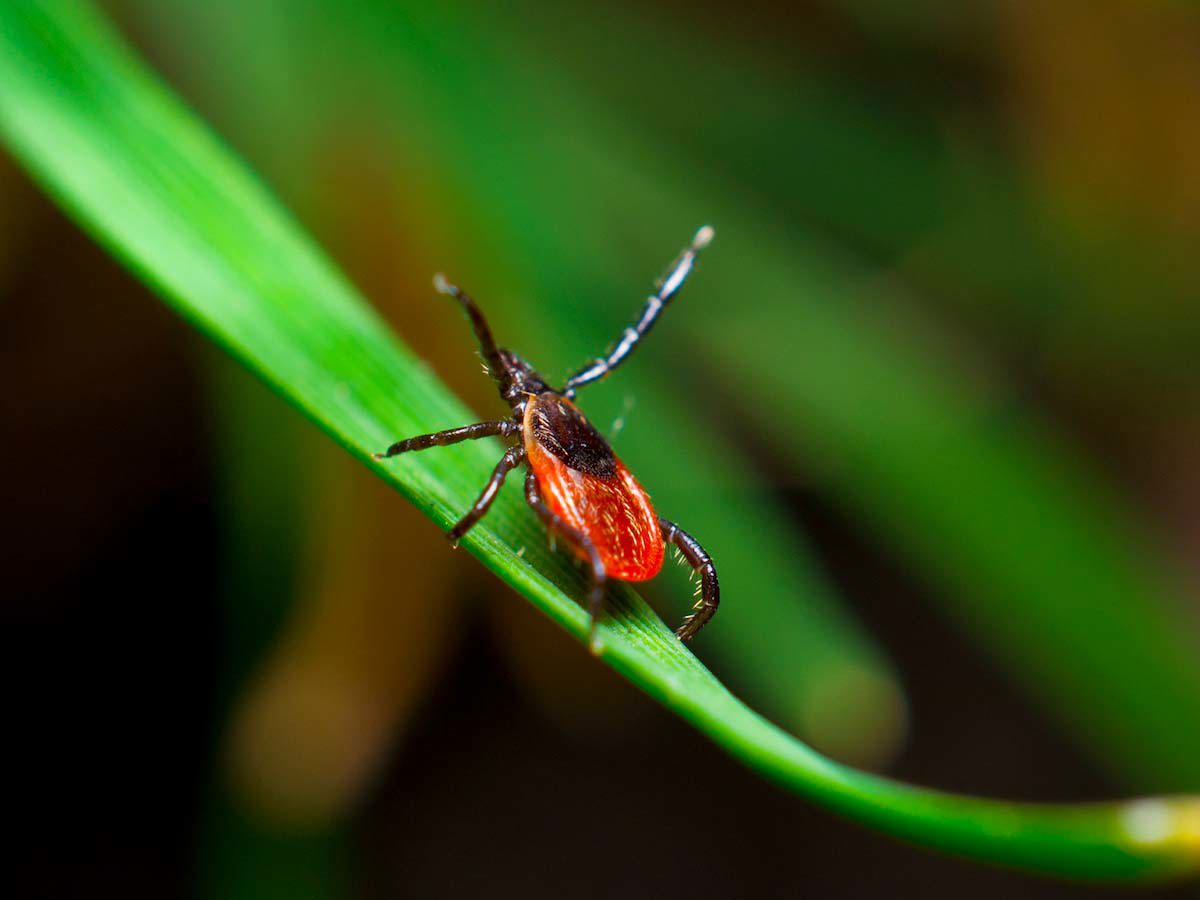How Pests and Rodents Can Affect Your Health
The fact remains - pests and rodents, can have harmful effects upon your health and your family's health. It is important to fully understand the dangers stemming from these types of infestations. Did you know that some of the most common pests in homes are cockroaches, rodents and ants? It is unsettling to think of us sharing our homes with these pests because of the serious threats they pose. Below is a more detailed overview of the health risks associated with particular pests.
The National Institute of Environmental Health Sciences (NIEHS) reports that one-in-five children in the United States have severe sensitivities to cockroach allergens, which increase the severity of asthma symptoms. These allergens are most commonly introduced in homes through cockroach saliva, droppings and the decomposing bodies of these pests. Cockroaches can also carry bacteria such as E coli and salmonella on their bodies, which can contaminate food, cooking equipment and food surfaces.
Rodents can enter a building through almost any opening or crack. It is important to inspect for rodent droppings, especially in undisturbed areas such as pantries, under baseboards and along walls. Rodent droppings most often cause allergic reactions in human beings but can also cause disease, including the potentially deadly Hantavirus. More frequently, though, rodents serve as vectors, carrying bacteria, such as salmonella, on their bodies and contaminating food sources, kitchen surfaces and equipment. A pest control professional can offer the expertise and knowledge of rodent biology to best protect your health and rid your home of a rodent infestation.
With the increased prevalence of West Nile Virus in the summer months, mosquitoes continue to be, not only a summer nuisance pest but also, a major health threat. According to the Centers for Disease Control (CDC), West Nile Virus infections have appeared across the United States in recent years, which makes avoiding mosquito nesting/breeding sites and eliminating standing water in or around the home even more important to the protection of public health. In addition, to the potential for West Nile Virus, mosquitoes can also cause itchy, unsightly marks as well as severe allergic reactions in human beings.
Lyme disease has emerged, in recent years, as a major health risk to human beings. Transmitted by ticks, typically between May and October, Lyme disease is largely found in the Northeastern, upper mid-western Western states of the U.S. However, there has been an increase in the diagnosed cases of Lyme disease in the South. It is critical to be vigilant of ticks, especially if you are in wooded areas. Symptoms of Lyme disease include a "bull's eye" rash around the bite, flu-like symptoms and extreme fatigue.
Summer Stingers (Bees, Yellow Jackets, Hornets, etc)
Stinging pests send more than 500,000 people to the emergency room each year. These pests are aggressive in nature and often sting as a way to protect their colonies or larvae from human beings who attempt to remedy an infestation on their own. This aggressiveness, combined with being disturbed, often means that these pests tend to sting repeatedly, which adds to the potential for greater skin irritation or a serious allergic reaction. A pest control professional can provide a level of expertise and knowledge of technology that can best rid these stinging insects and prevents future infestations.
Ants are social insects. Therefore, spotting one ant unfortunately signifies there are many more to follow. Ants are not simply unsightly - they can also be dangerous contaminates to food. Considering that you likely eat multiple meals a day in your home, the presence of ants and the potential for food contamination from their presence is an issue that must be addressed when considering your health and the health of your family. If you have an ant infestation, be sure to take action to treat the problem and contact a licensed pest control professional to aid you in preventing future infestations.
Fleas aren't just a problem for man's best friend. These pests, which commonly appear in warmer months, feed on the blood of any warm-blooded body. Typically biting human beings, fleas can cause itchy, unsightly marks as well as severe allergic reactions. Fleas tend to travel with mammals on the move, which can include not only you and your pet but also rodents. If you have a rodent problem in your home, fleas may be soon to follow. If you suspect a flea infestation, be proactive in treating the problem and contact a licensed pest control professional to rid your home of fleas and to prevent future infestations.




